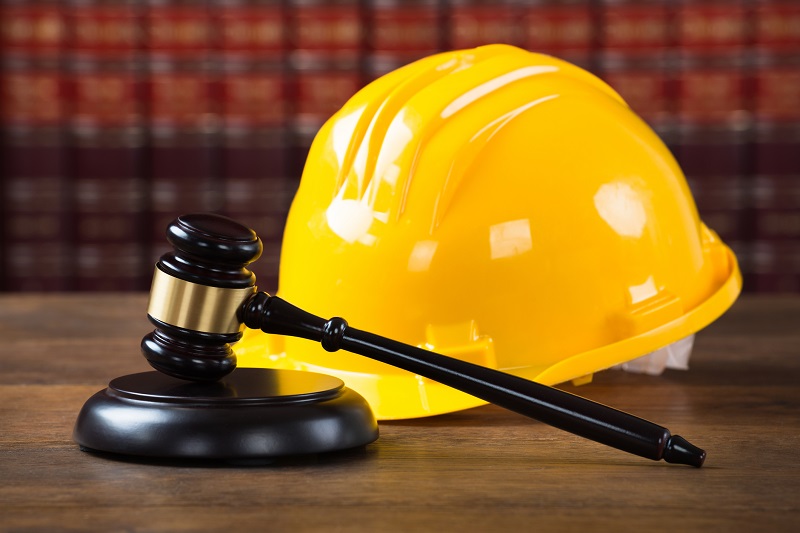

In 2003, the New York legislature enacted the Prompt Payment Act (PPA), set forth in sections 756-758 of Article 35-E of the General Business Law, in an effort to facilitate and expedite payment disputes between owners and contractors and between contractor and subcontractors on certain private commercial construction projects. The PPA sets forth certain requirements regarding the way in which a contractor’s or subcontractor’s invoices are paid and the manner in which a contractor’s or subcontractor’s invoices are approved or rejected.
It applies to all contracts, whether written or oral, equal to or exceeding $150,000, entered into after January 2003 to construct, reconstruct, alter, maintain, move, or demolish any building, structure, or improvement, or otherwise excavate, develop, or improve land within the State of New York.
It is important to highlight that the PPA does NOT apply to a contract made and awarded by the state, a public department, a public benefit corporation, a public corporation, a municipal corporation, OR to certain defined residential developments.
The PPA does NOT apply below sub-subcontractors.
All interim payments at the end of a billing cycle, a final invoice for payment in full, and retainage.
For contractors: An owner must approve or disapprove all or a portion of an invoice from a contractor within 12 business days of delivery of the invoice and all contractually required documentation. If the owner disapproves all or portion of the invoice, he/she must provide a written statement describing what has been disapproved. If 12 business days have passed and the owner has not sent the contractor a notice of its disapproval in writing, then the owner has been deemed to have approved the invoice in full. Once the owner has approved an invoice, either explicitly or implicitly, the owner must tender payment to the prime contractor within 30 days of the approval of the invoice.
For subcontractors/sub-subcontractors: A prime contractor must tender payment to its subcontractors within 7 days of having received payment from the owner for their work, provided all contractually required documentation and waivers are received. Likewise, subcontractors must tender payment to their sub-subcontractors within 7 days of having received payment for their work from the prime contractor provided all contractually required documentation and waivers are received
The PPA only applies only to “approved” payment requisitions. The owner (or prime contractor) can withhold approval for any of the following:
(1) Unsatisfactory or disputed job progress;
(2) Defective construction work or material not remedied;
(3) Disputed work materials;
(4) Failure to comply with other material provisions of the construction contract;
(5) Failure of the contractor to make timely payments for labor;
(6) Failure of owner’s architect to certify payment “for any reason” provided only that reason is cited in owner’s written statement of disapproval.
This provision allows the owner (or prime contractor) to argue that the contractor (or subcontractor) did not do its work correctly, thus potentially avoiding liability under the PPA.
Bottom line? If you have performed work on a construction project and more than 30 days have passed since you submitted your bill without a payment or written disapproval of any portion of the invoice, you may be entitled to a remedy under the PPA.
If you have any questions about this post or any related matters, please feel free to contact our Construction Law Practice Group.